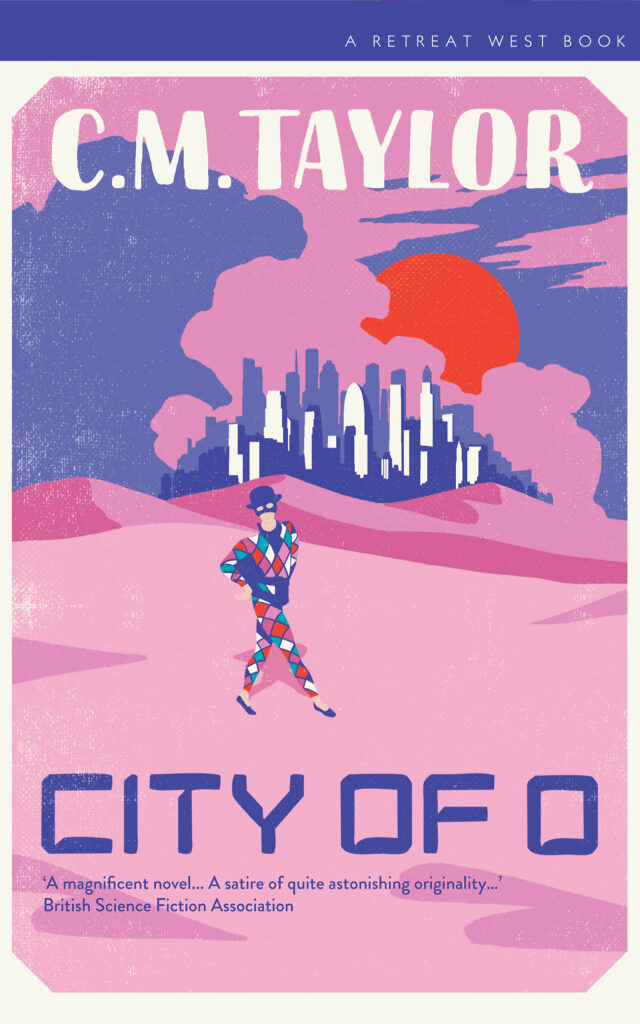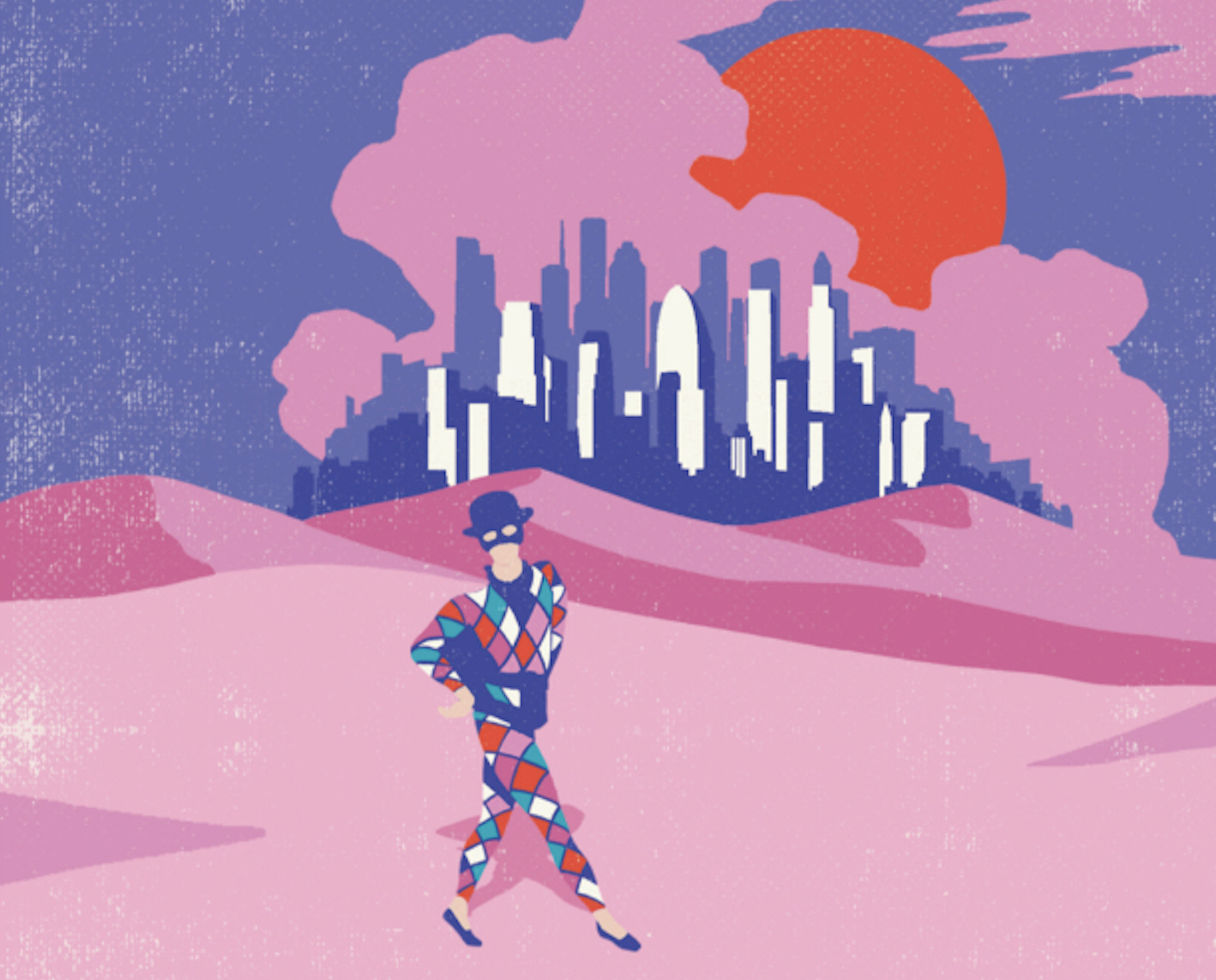Having been sober for almost five years – sober through the death of my Mum and the grief of my Dad, through the brutal, public murder of a friend; sober through the Bre and the Cov words, through Johnson and Trump and the death of shame; sober through raising daughters, honouring a marriage, earning my coin, somehow fronting as a person; sober through the prosaic ignominies of life – having been sober now for almost five years, recently a friend (and a friend who burns through an ounce of hydroponic a month) asked me how I stand it. How I bear the wounds without cauterising them.
I’d never thought about it like that – because it’s not like that. I became sober in the technical sense of no longer getting muzzed (as I had done every night for 20+ years) because life had demanded I become sober in the broader sense of becoming more practical, realistic, reliable, quiet, plain – all the dull virtues. ‘Freedom is the recognition of necessity.’ So said Engels. And so felt I. Sobriety came to me as freedom, not as a sacrifice, or a test, or a burden.
But then my friend’s question started to repeat on me.
I had taken the pain away for decades by acting in one way and then I stopped that way. So how did I now bear the pain?
There is an answer.
It is said that Goethe said that anyone who ‘cannot draw on three thousand years is living from hand to mouth.’ And while we now know that he undercooked his maths by around 300,000 years (regarding the emergence of our own zoological taxonomy of homo sapiens), the point of deep historical understanding mitigating the deracination of identity stands.
We can’t know when homo sapiens started to tell stories – it’s disputed, partial, emerging knowledge. Some claim that the almost 6,000 palaeolithic cave paintings of animals and humans which the 20th century designated part of the UNESCO World Heritage Site of the Decorated Caves of the Vézère Valley is the first time that the symbolic thinking required for storytelling emerges in the historical record. Which would mean human stories have been provably kicking around for at least 17,000 years.
Personally, I think it is way longer. But fast-forward to Mesopotamia around 1,800BC and we’re sitting on fertile pasture between the Tigris and the Euphrates rivers. It’s night. It’s cold. But it’s okay because there’s a fire on the go. Someone is amusing the throng by chatting shit about Gilgamesh, a king of Uruk from a while back, extolling his deeds. They are singing stories about the guy. Using the rhythms and rhymes of spoken language as a technology to help them remember it.
Somehow – and it’s controversial exactly how – this story of Gilgamesh now gets written down onto a clay tablet in a now extinct language called Akkadian. And from roughly then on, stories become increasingly written down, as well as continuing to be spoken out loud. The technology of writing means that storytelling splits into what we now call literature and what we now call song. Storytelling splits into the verbal and the cognised, into the thought and the uttered, the heard and the read.
Now, I write books. I write screenplays. I write things down and I read words in my head. My livelihood and orientation is towards the young upstart of the written story – on the clay tablet half of the draw so to speak. But scratch the surface of the greying autodidact and there is the nine-year-old kid taping the top 40 after Sunday lunch in his garage. While my professional tussle is with words-in-the head, my solace I see now has always been taken from the words-out-loud side of the storytelling split.
I did not know before my friend asked me the question, asked me how I now lived life unalloyed. But when I think about it, it’s obvious. The answer is song.
Song is the balm, the solace, the means, the spell. I only write because I cannot sing.
I read recently – forgive me I forget where, let me know if you can place it – that music is a way of decorating time and 40, 50 hours a week I listen to music – soundtracks and ecclesiastical music and electronica mostly in the day as it is hard to write with someone else’s words in my head. (If I need to hear a human voice when I am writing I listen to music in languages I do not speak – usually Arabic and Portuguese – so the words are sounds, conduits of emotion divorced from specific, distracting syntactical freight.) But then in the evening and the weekend the singer-songwriters come out, the voices become dense with meaning and signification.
I’m aware I have a penchant for both the depressing and the twee in music. I have never had what might be called great taste. Many of my friends have. My friends are mostly musos, but curiously I’m not. I don’t know much about these songs that I love, other than what they make me feel. I want to feel them not know about them. I am muso-adjacent not muso.
Anyway, below there is a playlist of songs which offer me solace, which take the pain away, some by going deep into it, some by opposing it. The idea that once upon a time these songs did not exist and then someone sat down and worked and then they did exist seems utterly implausible to me. Madame George and Tower of Song as examples seem elemental, part of the universe’s fabric – like the sky or like gneiss.
It might be anything about the song which slays me, the particular burr in a voice, the wit of a horn line, but to pick a few moments…
The ambrosial harmonies of the four female vocalists on the spiritual lament of Lost In The Light
The three male voices that come in at 6:30 on Judy Blue Eyes offer surely the greatest do do dos in music…
The pure, pained defiance of the opening notes on This Woman’s Work…
The self-knowledge and dignity of unrequited love on Walk on By…
The thrillingly nonsensical call-out of ‘I’m doing my face with magic markers’ on Tilted…
The undertow of glowering, nihilistic grandeur on Flight From the City…
The faux-naif exuberance of I Love Hot Nights…
The candid domestic tenderness of My Old Man…
The keys catching and the pianist breathing on My Friend The Forest…
And on and on and on, song flowing as a never-ending wine…
C M Taylor
Craig’s book ‘City of O’ is available to buy now
Craig also has a tshirt out via 1 of 100 now, a beautiful special edition that is also raising money for a local food bank


